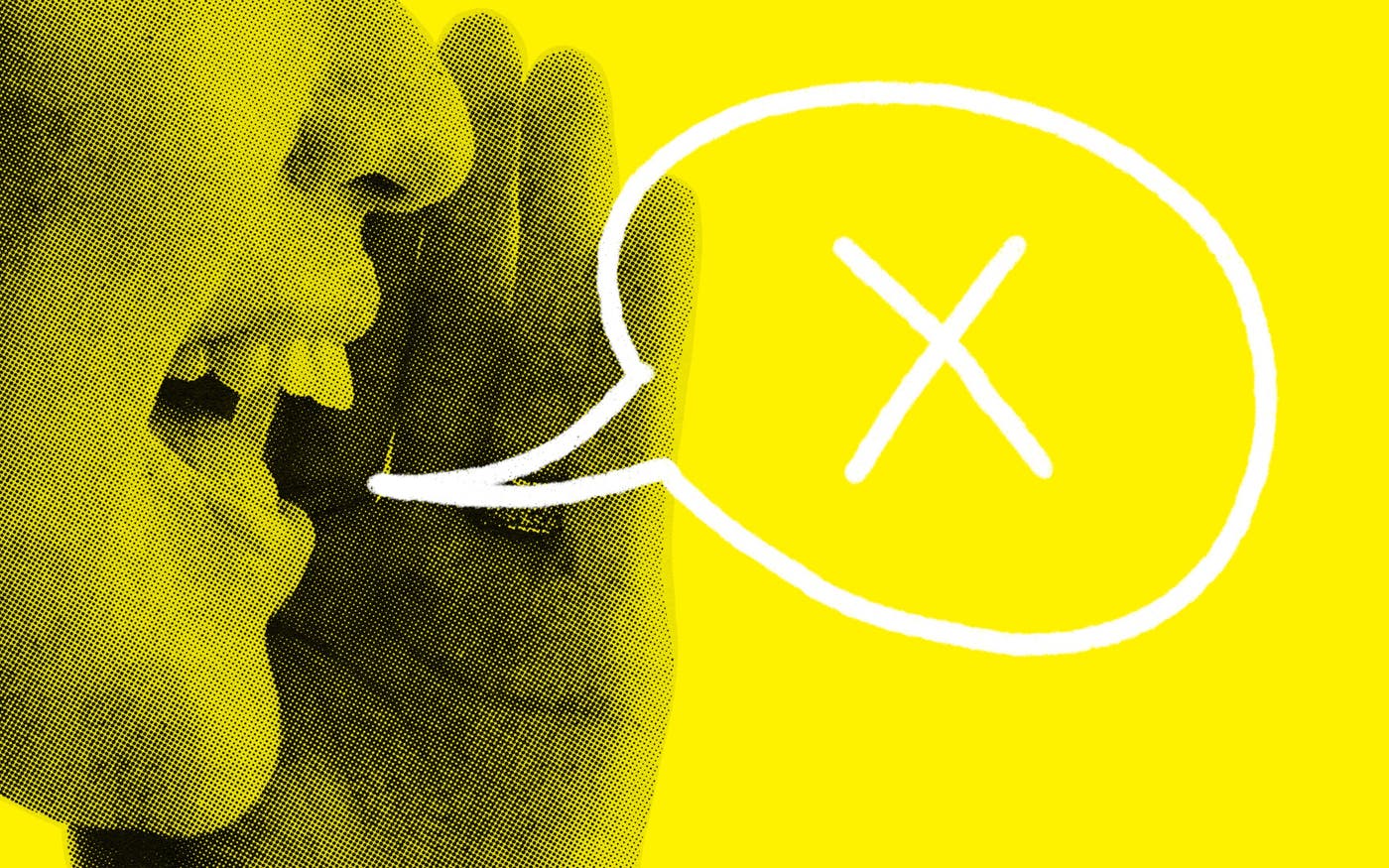
Episode Three
Why do we believe lies?
In the third episode of our podcast, we talk to Yuval Noah Harari about humanity’s relationship with the truth.

Most modern societies place a high value on truth and honesty—but people can’t seem to resist falsehoods, from little white lies to vast conspiracy theories. In our third podcast episode, Rashida and I attempt to answer a question that feels like it has taken on extra relevance this year: why do people believe lies?
If you’ve followed the news this year, it probably won’t surprise you that I’ve become very curious about why people spread lies or believe things that are untrue. But beyond my personal connection, I’m super fascinated by the role that falsehoods have played in shaping human societies. Israeli historian Yuval Noah Harari is one of the best people in the world to talk to about this, so we invited him to join us.
I’m a huge fan of Yuval, and Rashida and I geeked out over our mutual love of his books the first time we met. If you aren’t familiar with his work, Yuval has written popular books about humanity’s past, present, and future. He explained to Rashida and me how Homo sapiens’ ability to create myths and fictions is the very thing that has enabled us to create communities.
Take Denmark, for example. No animal on Earth knows that Denmark exists other than humans. Denmark—like all other countries, including the United States—is an elaborate myth that we have collectively decided to believe. But this myth enables Danes to organize a society that provides benefits to its people.
The entire episode isn’t about mythology, of course. Rashida and I also talk about COVID conspiracy theories, the role social media plays in spreading misinformation, and the one lie I choose to believe even though I know it’s not always true. We had a lot of fun trying to figure out the truth about the truth.
If you’ve finished listening and are interested in hearing more from Yuval, you’re in luck. The evening after we finished recording this episode, Yuval sent us a follow-up note about the relationship between lies and conspiracy theories, which you can read here. I hope you find it as thought-provoking as I did.


